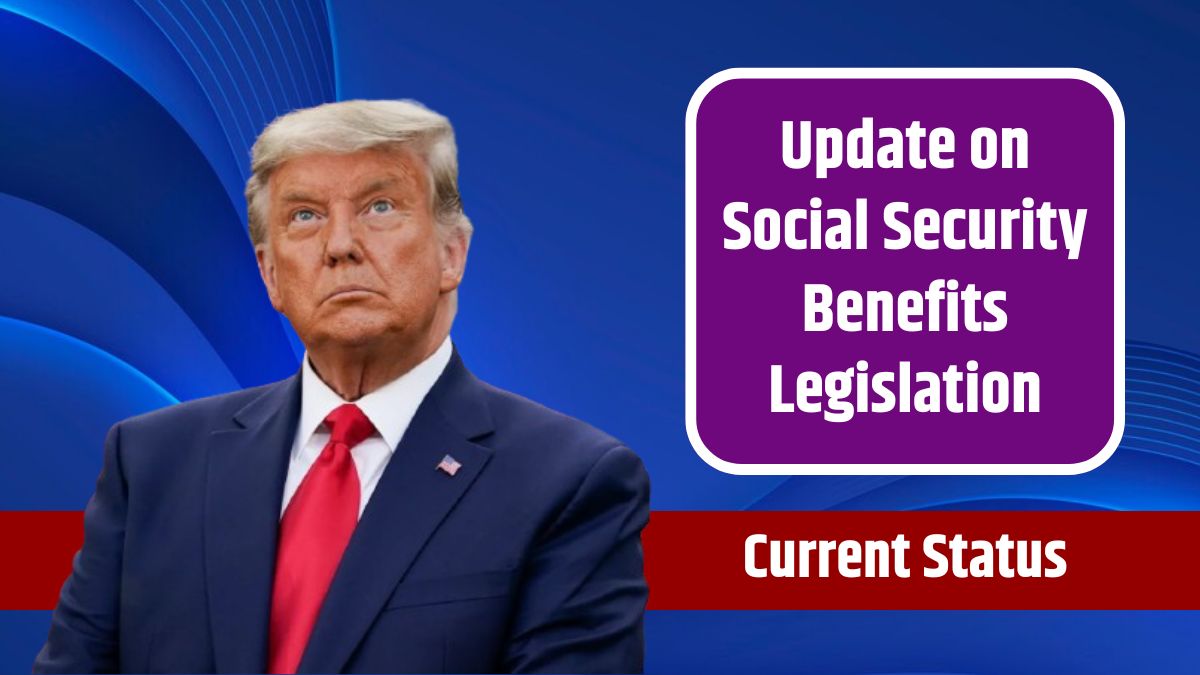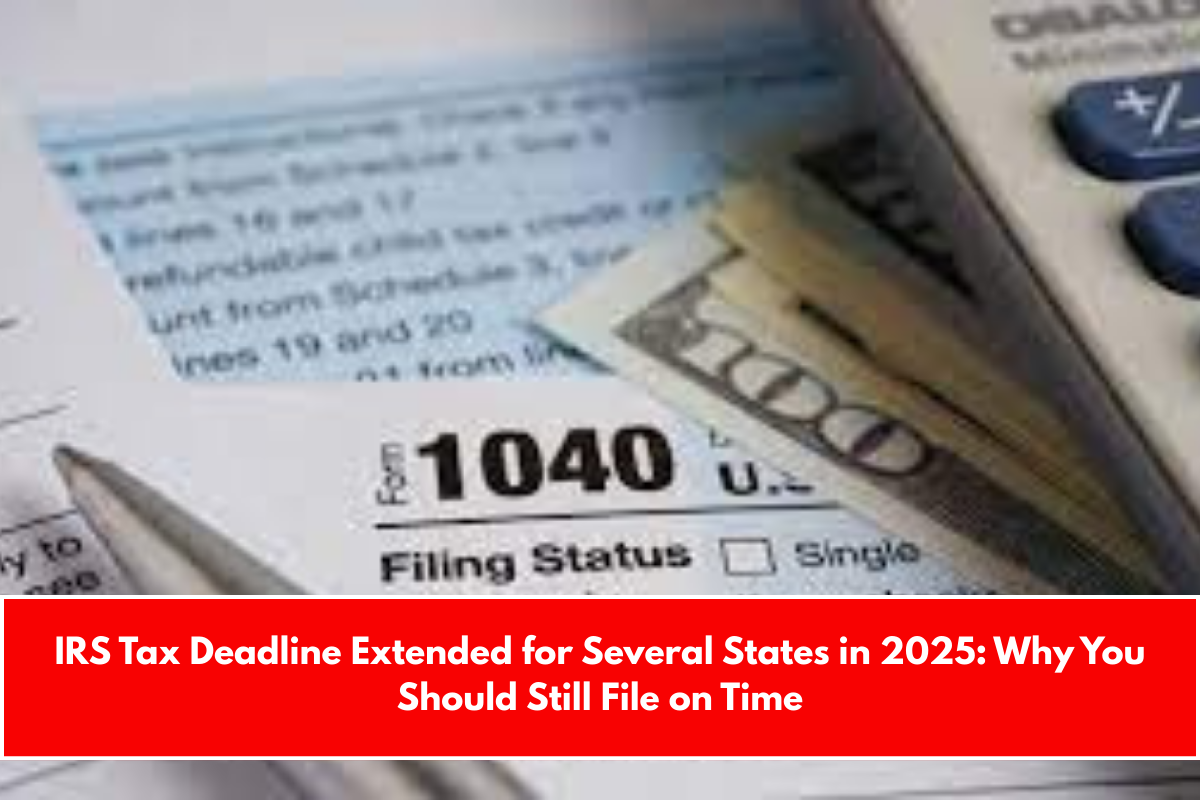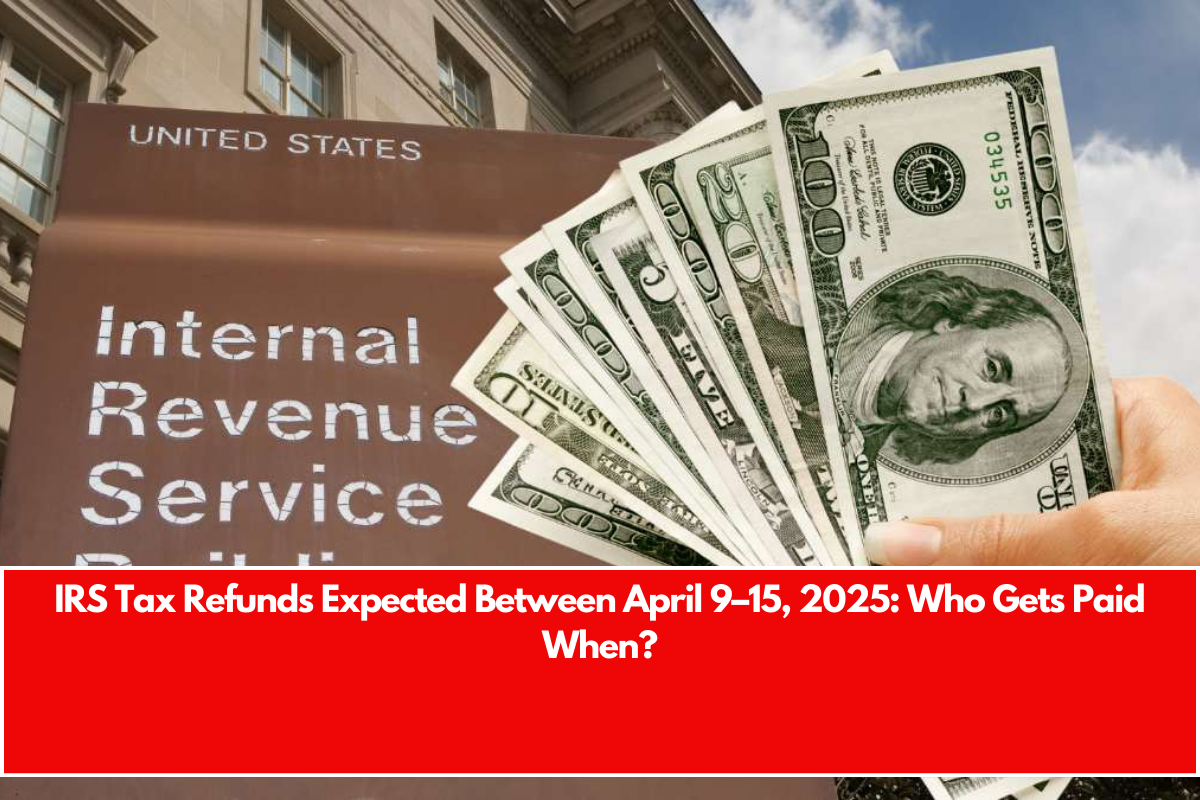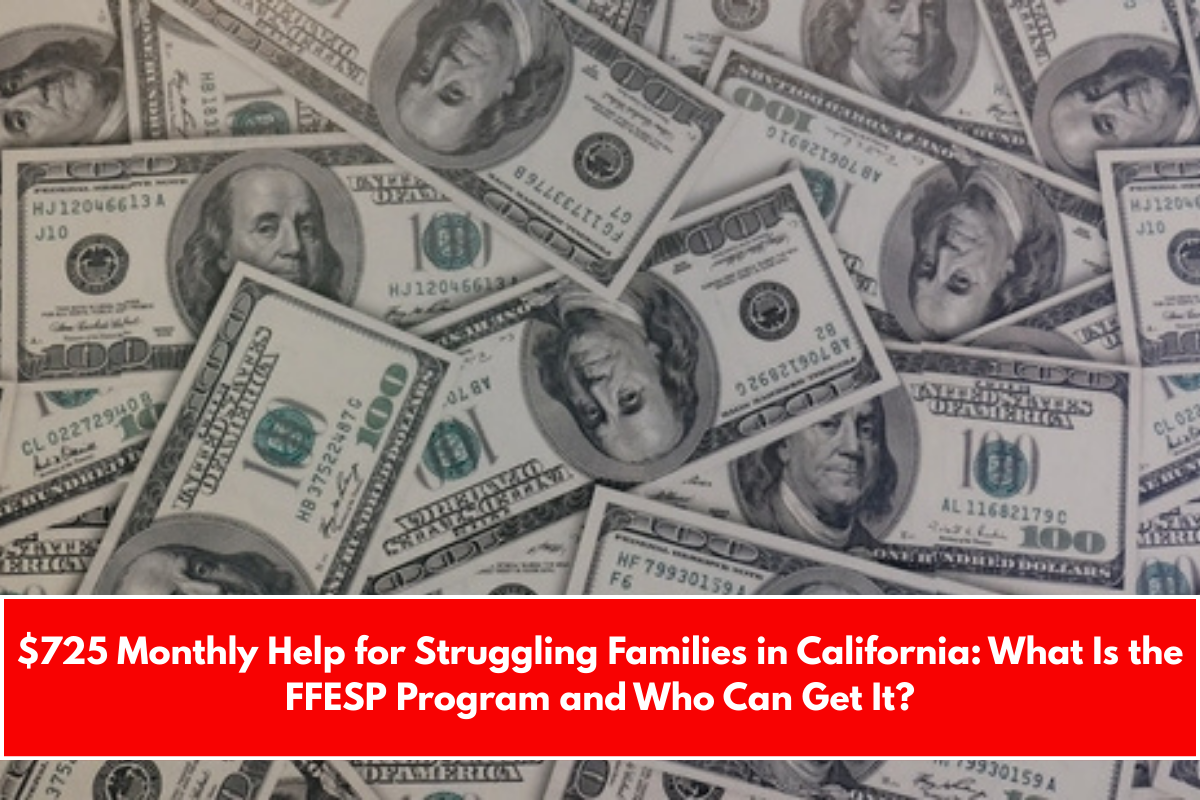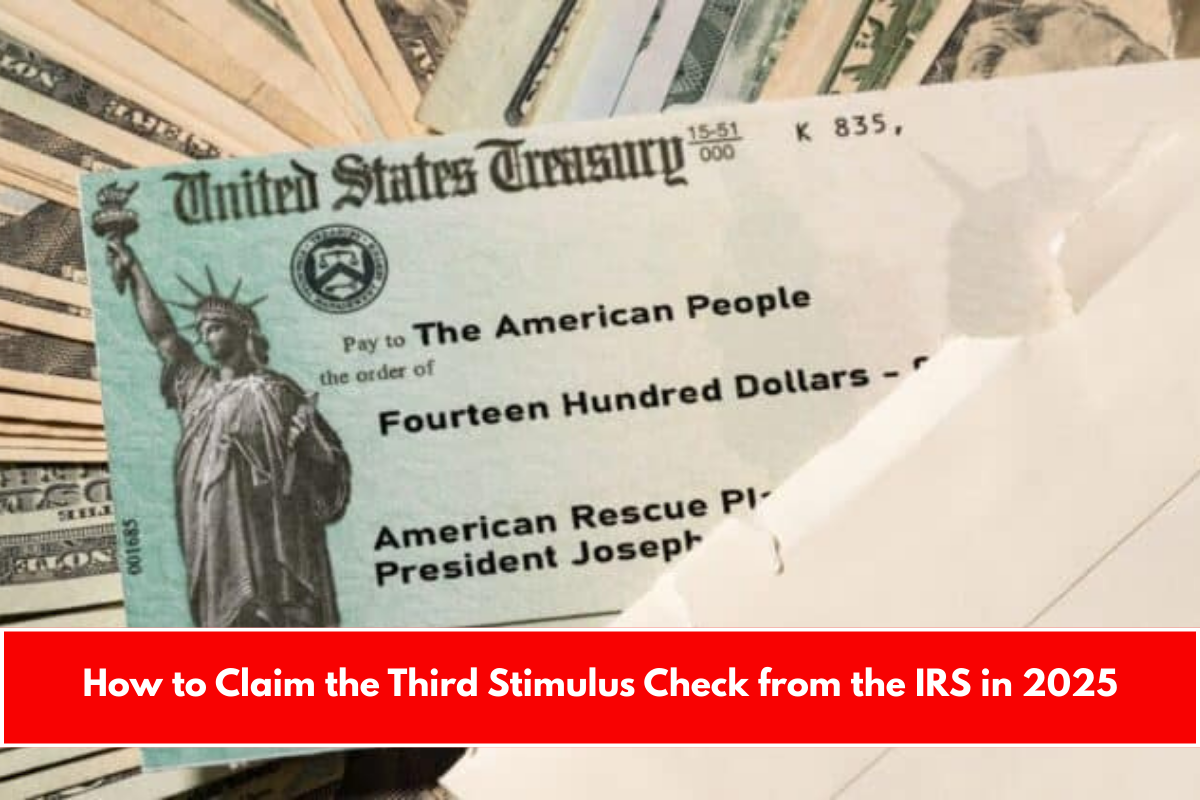The Social Security Fairness Act (H.R. 82) has brought renewed attention to the controversial Windfall Elimination Provision (WEP) and Government Pension Offset (GPO). These rules, which adjust Social Security benefits for certain retirees with government pensions, have long been criticized for reducing benefits for those who contributed to both public and private sector retirement systems.
With bipartisan support, the bill passed the House of Representatives, but its fate now lies with the Senate. Let’s examine the key details of the legislation, its implications, and the ongoing debate.
WEP and GPO
The WEP reduces Social Security benefits for retirees who receive pensions from jobs not covered by Social Security taxes. These “non-covered pensions” are common for state, local government, or foreign employers.
Government Pension Offset (GPO)
The GPO affects spousal or survivor benefits for those receiving government pensions. This rule reduces the Social Security benefit by two-thirds of the government pension amount.
Together, WEP and GPO impact an estimated 2.5 million retirees across the United States.
Social Security Fairness Act
The Social Security Fairness Act seeks to repeal both the WEP and GPO, ensuring retirees with government pensions receive their full Social Security benefits. Advocates argue that the current rules unfairly penalize retirees who contributed to Social Security during private-sector employment.
Arguments for Repeal
- Fairness: The current system disproportionately reduces benefits for individuals who contributed to Social Security through private-sector work.
- Consistency: Repealing WEP and GPO simplifies the Social Security system, making it more transparent and equitable.
- Bipartisan Support: Social Security is a rare issue with broad bipartisan backing, with nearly 300 votes in favor in the House.
Debate in the Senate
While the bill has strong bipartisan support, its passage in the Senate is uncertain. Lawmakers such as Rep. Garret Graves (R-La.) and Sen. Sherrod Brown (D-Ohio) emphasize the urgency of action, highlighting the broad impact of the rules on retirees.
Criticism of the Process
- Use of Discharge Petition: The bill’s passage through a discharge petition in the House bypassed standard leadership procedures, drawing criticism from some Republicans who viewed the approach as unorthodox.
- Timing Concerns: Critics like Andrew Biggs argue that the formulas behind WEP and GPO need revision rather than elimination, suggesting a more tailored approach could address inequities.
Potential Roadblocks
Senators must balance the bill’s intent to ensure fairness with concerns about its fiscal impact and the precedent set by repealing long-standing provisions.
WEP and GPO
Repealing WEP and GPO would have significant implications for retirees:
| Provision | Current Impact | Change if Repealed |
|---|---|---|
| WEP | Reduces worker benefits for retirees with non-covered pensions | Restores full benefits based on contributions |
| GPO | Reduces spousal/survivor benefits by two-thirds of government pension | Restores full spousal/survivor benefits |
While this would benefit retirees, experts caution that repealing the provisions without adjusting funding mechanisms could strain the Social Security trust fund.
What’s Next?
The Social Security Fairness Act faces a critical moment in the Senate. With strong bipartisan support, advocates are optimistic but remain wary of delays or modifications that could derail the bill. Its passage would mark a significant step toward addressing perceived inequities in the Social Security system for public service workers.
FAQs
What is the Social Security Fairness Act?
It’s a bill to repeal the WEP and GPO provisions in Social Security.
How does WEP affect retirees?
WEP reduces Social Security benefits for those with non-covered pensions.
What is the purpose of GPO?
GPO reduces spousal/survivor benefits for retirees with government pensions.
Why is the bill controversial?
Critics argue the process bypassed standard leadership and fiscal concerns.
Who supports the Social Security Fairness Act?
It has strong bipartisan support, including from both parties in Congress.

